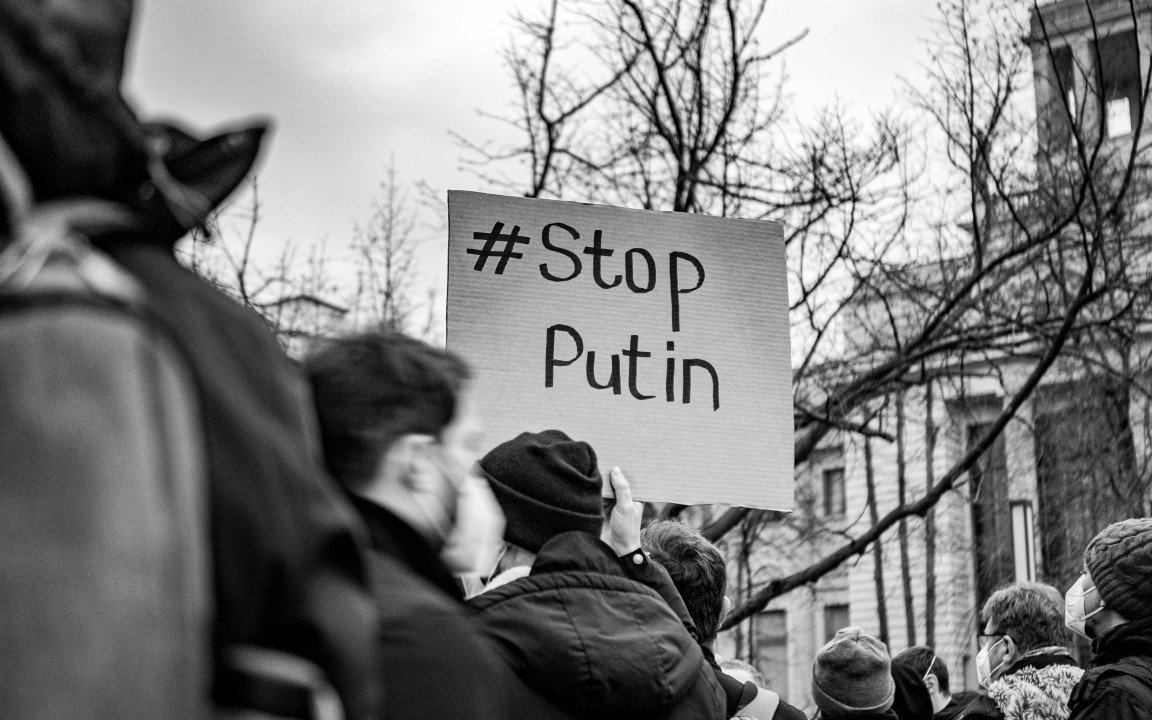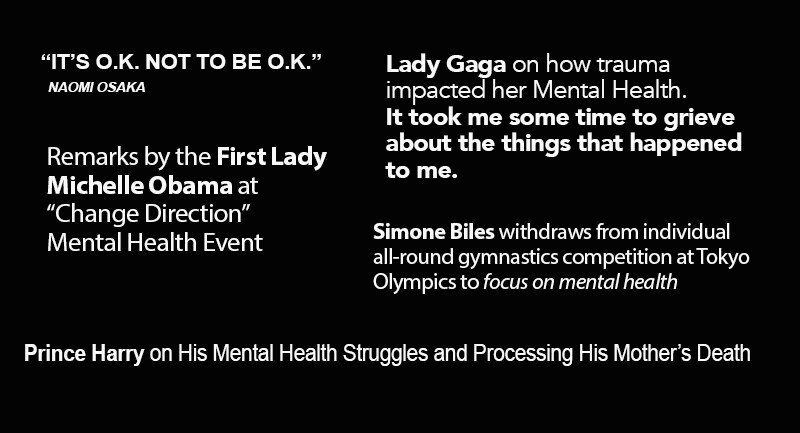Ukraine - We Mustn't Turn Away
Atrocities continue to occur in Ukraine daily. We see images on the nightly news, in newspapers and across our digital feeds. It’s becoming more difficult to tolerate the constant flow of images – but we mustn’t turn away.
It’s difficult to imagine the stress, loss and fear affecting the nearly 4 million Ukrainian refugees who have fled Ukraine thus far. These men, women and children have endured unimaginable strain. Even if the war ended tomorrow, it would take months – possibly years – for those affected to heal from the devastation and trauma.
The images of war raging in Ukraine are difficult to watch and extremely disturbing. They are images of human suffering on a scale that is hard to comprehend and impossible to turn away from. We see communities in rubble with bloodied and shell-shocked survivors searching through debris for signs of a missing loved one. We see Ukrainians murdered as they try to evacuate their communities. And we see millions of exhausted refugees – primarily women and children – trying to make it across the border to safety knowing they may never see their homes, husbands, brothers or fathers again.
We are in the midst of a global mental health crisis. Addressing it is indeed a massive challenge but that doesn’t mean we should feel helpless or hopeless. There is so much that we can do if we make mental health a priority and invest time and resources effectively. Just as emotional pain and suffering is part of being human – so is the ability to tackle massively complex and seemingly intractable challenges. We can send a person to the moon, we can develop vaccines to fight a global pandemic, we can absolutely ensure that those in need get the mental health care and support they deserve.
I was recently asked if we’ve made progress in changing the culture of mental health. And secondarily, do I believe we can someday deliver culturally sensitive, affordable and easily accessible mental health care for all who need and deserve it? These are difficult questions to answer – but important to address.
For those who have worked for years to change the culture of mental health - so that mental health is understood and prioritized - seeing the avalanche of articles, posts, interviews and comments in support of Simone Biles over the last several days has been extraordinary.






